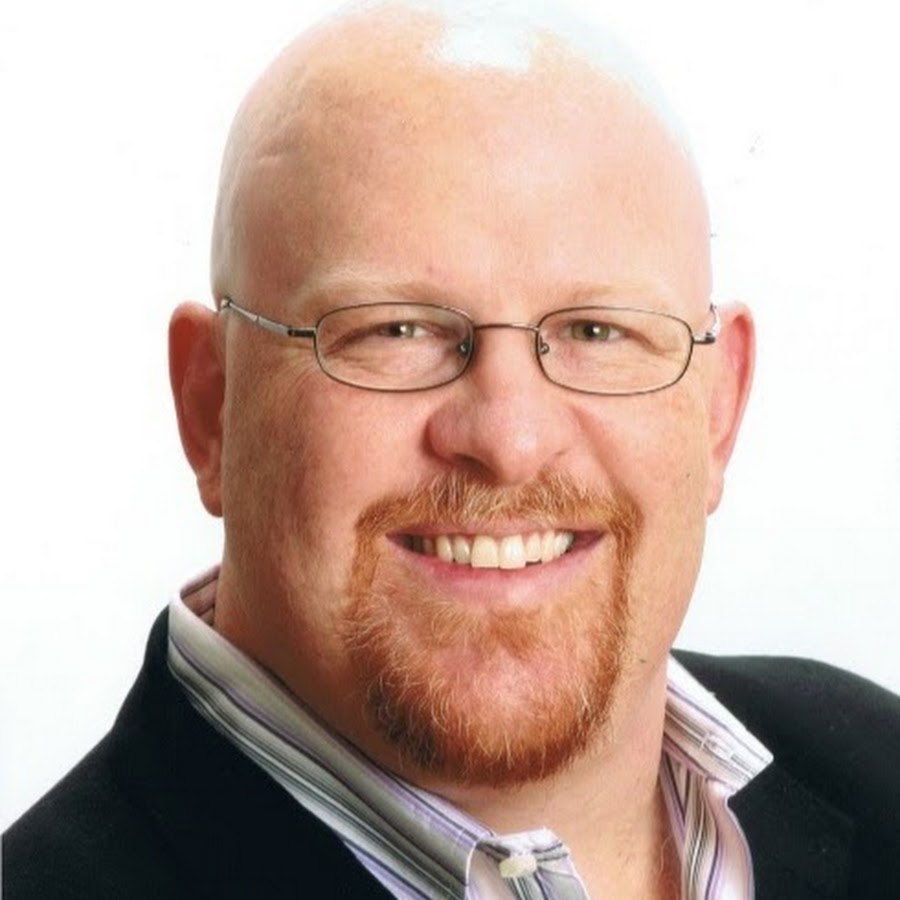Beyond the Docket: Gordon Firemark
Alt Legal Team | April 25, 2018
Welcome back to Beyond the Docket! This week we talk with entertainment lawyer and podcaster Gordon Firemark. Gordon’s deep roots in the theatre and passion for technology fuel his legal practice. We talk about the #metoo movement, educating the community and being “internet famous.”
Tell us a bit about your legal practice. What type of work do you focus on?

I handle a wide variety of entertainment, corporate, and business transactions representing clients in the theatre, film, television and digital media industries, as well as businesses in the digital/online course and information products sectors.
At every stage of things, from the earliest inception of idea through development, financing, production, and distribution, I’m there to advise, counsel, encourage, and protect my clients’ interests.
What is your law firm’s technology stack? Do you use Slack? Practice management software? Trademark management software?
My practice is nearly paperless. We scan and archive everything digitally, so we can reduce our ecological footprint a bit. I’m Mac-based, and use Apple’s software for word-processing, spreadsheets, presentations, etc., For collaboration, I rely heavily on Google’s suite of office tools. I use Slack for communication with my distributed team. Clio is my choice for practice-management, time-tracking and billing. LawPay is my preferred credit-card processing service. For trademarks, I use Alt Legal’s tool for intake and docketing. For trademark search and monitoring, I’m still (always) exploring options. So-far it’s been an ad-hoc solution driven by clients’ needs and budgets.
How does your background in theatre, film and television influence your work as an entertainment lawyer?
It’s the whole reason I do what I do, and have lasted in the field. I understand and relate to my clients at a level that some others might not. Some of my earliest and most loyal clients are those whom I first met while working together in production before I became a lawyer. The personal relationships I built early on have served me very well.
I also think that I’m good at what I do because I have a real passion for these art forms, and the drive to help others who share the passion.
How did you find your niche as “THE theatre lawyer?”
My passion for entertainment started with a love of theatre as early as 5-years old. I began working behind the scenes in theatre production when I was about 11 and by high school, was working professionally in theatre, mainly as a sound-guy. Then while in law school, I produced my first small show. So, once I became a lawyer, it sort of happened organically. Among my first clients were theatre companies, owners, and playwrights. And over the years, there have been lots more. I’ve made it my mission to know as much as possible about the business and law of the theatre industry, and if I’m being honest, I haven’t been shy about demonstrating that knowledge in public. Getting the domain name theatrelawyer.com didn’t hurt.
You called for all your clients, fellow lawyers and the entire entertainment community to include a provision declaring sexual harassment unacceptable, a breach of contract and grounds for immediate termination. What motivated you to voice this?
Honestly, it just felt like the right thing to say and do at the time. And it still feels that way. But on reflection, and talking with other lawyers, it’s clear that “zero-tolerance” isn’t always practical. Just like there are degrees of wrongdoing, there ought to be degrees of consequence. But there need to be consequences.
How else can entertainment lawyers make a difference in the #metoo movement?
I think lawyers need to be the “big-thinkers” on this. Effecting social-change takes leadership, compassion and skills. So, we need to keep the issue in the forefront, and should be talking about it when we’re negotiating deals.
What inspired you to create your podcasts Entertainment Law Update and Entertainment Industry Insights?
It’s about providing a service. Educating the community, and keeping up with developments in the law and the industry. I’ve always been a bit of a techno-geek, so when I discovered podcasting as a listener, I quickly moved into “I want to do that”. I first started as a guest on someone else’s show(s), and learned how valuable the exposure can be. It’s really served my business well, since clients hire lawyers they know, like, and trust. Having a podcast and a Youtube channel allows prospects to get to know and like me before we even “meet”. And, because I’m always on the lookout for new developments, case decisions, and their ramifications, it’s made me a better lawyer.
In addition to your legal practice, your podcast, and serving on several boards, you teach Entertainment Law at Columbia College Hollywood. What is your favorite part of teaching and what advice do you offer to future lawyers?
I really do all of this out of service, as I mentioned before. Sure, it’s fun and exciting to be a little “internet famous,” and it’s good for business to be visible as a thought-leader, but ultimately, if it wasn’t providing useful information and sharing knowledge, it wouldn’t be worth the effort. Bottom line, I want to help people navigate this weird business, and teaching helps me do that before they find themselves needing (or being able to afford) a lawyer.
If you could create any legal practice-focused technology, what would it be and why?
I haven’t looked to see if anything like this already exists, but a really good CRM tool specifically designed for lawyers, could be awesome. Something that helps identify prospects and leads, and to nurture them into clients in a dignified, lawyerly way would be pretty cool.